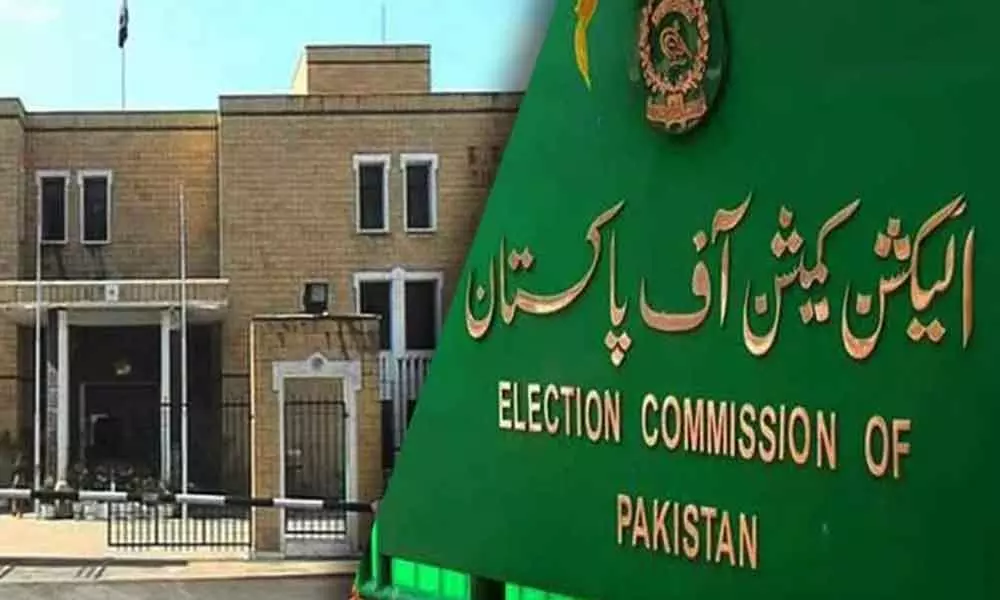
Pakistan’s most prominent elections monitoring watchdog has publicly called for an audit of election results. However, as everyone knows the only institution that gets to have its say in Pakistan is the Pakistani deep state. Will the military allow accountability of its own actions? We don’t think so.
The Free and Fair Election Network has urged the Election Commission of Pakistan “to take immediate action and address complaints regarding illegalities committed in the compilation of election results. It also proposed a three-phase process to comprehensively address the widespread allegations of rigging, which is based on an audit of each step in the results consolidation process.”
According to Dawn, while “it is almost customary for election candidates to refuse to acknowledge their defeat”, yet “certain irregularities have been so widespread that even otherwise impartial observers are joining the chorus of voices demanding a recount and investigation into the post-poll results compilation process.”
According to news reports “independent observers, candidates and accredited media personnel reported being excluded or evicted from the Form 47 compilation process which was completed at ROs’ offices, indicating that the most important check on the process was bypassed without any convincing explanation being given. Compiled behind closed doors, many results later issued by ROs did not match the consolidated results from Form 45s issued to different candidates’ polling agents. Fortunately, there is an extensive paper trail for each constituency, which can still be used to verify them.”
FAFEN “has called for an audit led by the ECP that starts by closely examining this paper trail. The monitor notes that the ECP still has power to adjudicate results “before the expiration of 60 days after publication of the name of returned candidate in the official gazette”. It suggests that independent observers as well as election candidates be invited to participate in this audit, so that all controversies can be resolved satisfactorily.”
As an editorial in Dawn noted perceptively “these suggestions are not unreasonable or outside the law. They might show the ECP a way to redeem its image. Will it choose to assert itself as an independent, principled body, or continue to look the other way?”
![]()





